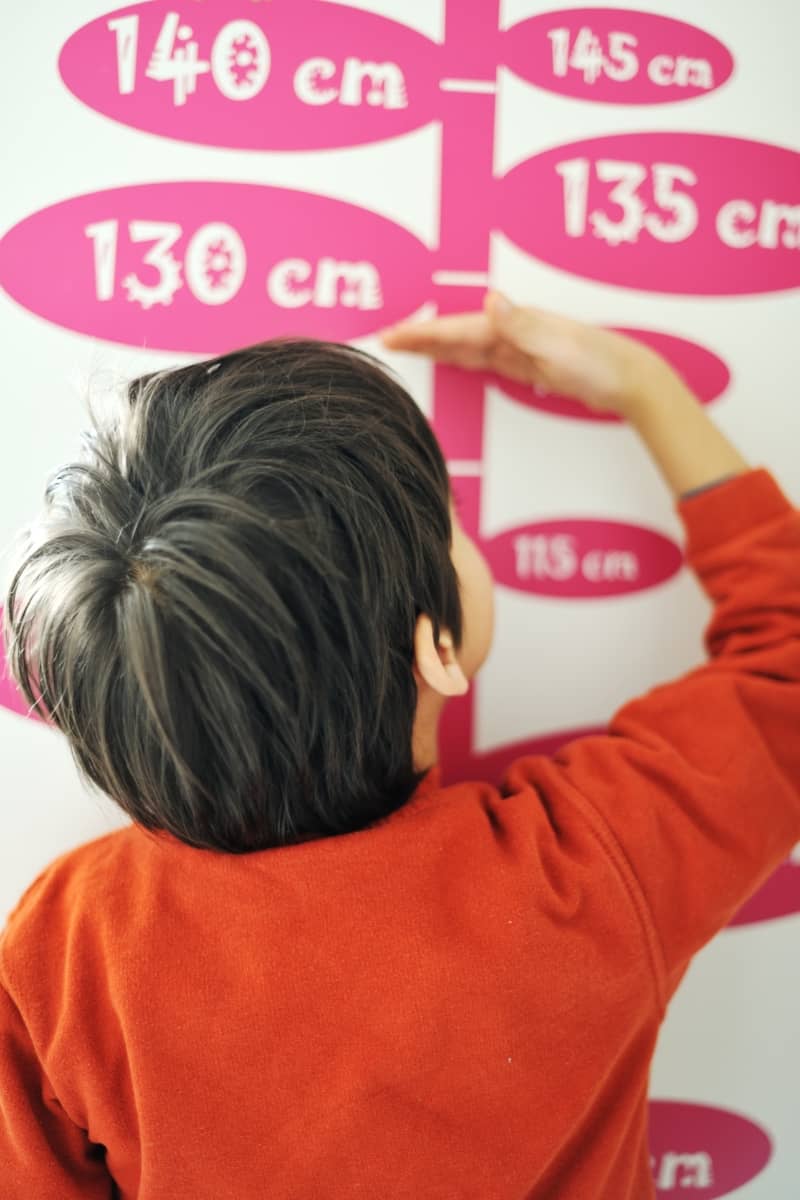If you’ve spent any time around French speakers, you’ve definitely heard the word petite. But what does petite mean in French and how is it used? It definitely goes beyond how we use petite in English. That’s exactly what we’re talking about in this post.
Let’s kick this off with a simple definition. In French, petit(e) is an adjective meaning small, little, or short (in stature). Petit gets an “e” on the end when modifying a feminine noun. This is the most straightforward and common definition of the word petit in French.
The word “petit” can be traced back to the Latin word “petitus,” which means “sought after” or “desired.”
Turning to pronunciation, you pronounce petit in French kind of like puh-tee, and petite would be puh-teet.
But it wouldn’t be French if it were that cut and dry! Yes, there’s more. Petit has a variety of usages and meanings in French — it’s not just about being little or small.
In English, we use the term “petite” most commonly to describe women’s clothing sizes, with petite clothing sizes in the fashion industry being designed for women who are 5’4″ or shorter. Garments have shorter sleeves, shorter torsos, etc. and don’t just fit women who are slim. The English word petite is also often used to describe people of any gender who are small in stature. But in French, that’s just the beginning.
What else can petite mean in French?
Well, petit can also refer to someone who is bossy and self-important when it comes before the word chef. Un petit chef is definitely a negative thing when used in this sense: Il se comporte comme un petit chef. (He’s acting bossy.)
And it doesn’t stop there. Petit can also mean quick, like “Tu veux faire une petite promenade?” (Would you like to go for a quick walk?)
Petit(e) can also be used as a noun in these examples, such as “les petits” meaning the kids or little ones, such as: “Comment-vont tes petits? Ça fait un moment que je ne les ai pas vus.” (How are your little ones? It’s been a while since I’ve seen them.)
Another example of petit as a noun is the term of affection, mon petit, which means “my dear.”
There are probably more usages as well, but I’ll leave it there without going down the rabbit hole too far.
Now it’s time to tell you about my favorite usage of the word petite, and it’s one that’s crept into our everyday lexicon. Although French language purists would probably pull their hair out, my favorite way to use the word petit is when French speakers use it in a more cutesy way and tack it onto almost anything. Used in this almost banal way, petit(e) doesn’t mean small or little. It can mean a “nice” or “great little [thing]” or something charming. In this case, it is definitely a positive. Let me explain.
For example, a native speaker might say something like, “Je vais faire une petite soirée chez moi samedi soir” (I’m going to have a little party at my house Saturday night) when it ends up being a party with 50 people. It doesn’t literally mean small in my examples here.
Or “Allons boire un petit café vite fait.” (Let’s quickly grab a little coffee.) This Le Figaro article even cites an example of this petite phenomenon where someone asks a colleague to do “petite recherche” when the research will take weeks to complete.
One example you’ll hear at restaurants is something like, “Est-ce que vous désirez un petit apéritif pour commencer ?” (Would you like a petit aperitif to start?) The waiter isn’t offering a small aperitif. It’s just become a cutesy word that’s used with… everything.
Petit can mean dear or even darling, or kind of how someone from the UK might use “wee,” depending on the context.
The French habit of using petit in this manner has rubbed off on me in English. I’ve found myself saying things like, “Let’s go for a little walk around the neighborhood” or “Want to go grab a little ice cream before we head home?” and then end up walking an hour or getting three scoops of ice cream. Little doesn’t always literally mean little when used in this context.
Also to complicate things even further, depending on context, petit in French can mean modest, humble, unpretentious or even little-known. Here’s an example with the word wine, with petit meaning the opposite of fancy in this sense: “Ce petit vin vient d’un nouveau vignoble en Afrique du Sud.” (This modest wine comes from a new winery in South Africa.)
It’s a versatile French word indeed.
Petit(e) is also used as part of other words in French. Some notable examples are une petite-fille or un petit-fils. These means a granddaughter and grandson, respectfully, and not a little girl or little son, their literal English translation. You probably already know the word for breakfast in French, un petit déjeuner (literally a small lunch). Another common one is the word for boyfriend or girlfriend, un(e) petit(e) ami(e).
***
Anyway, hope this petit article helped you to understand what petite means in French!







It’s might worth noting in the paragraph with the example “petit chef” that “petit” is also the origin of the English adjective “petty”
Votre petit article était bien fait.
i like this post. it shows how easily you can add extras to your french usage. i like how french has that same “lil somethin” type phrase that you probably wouldnt learn in a text book